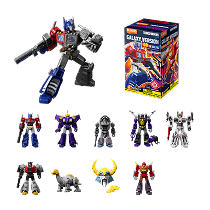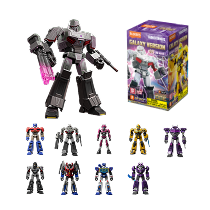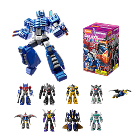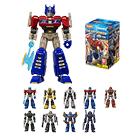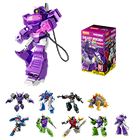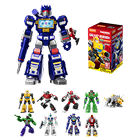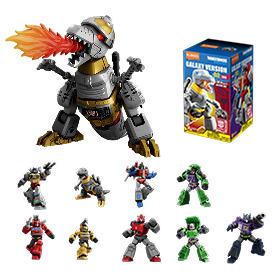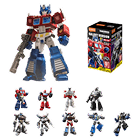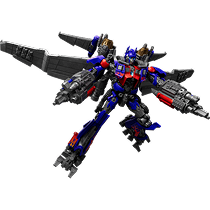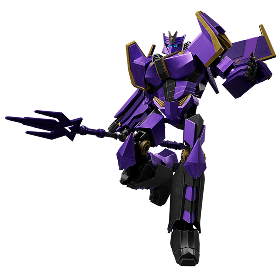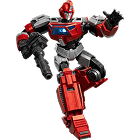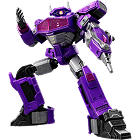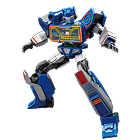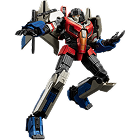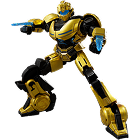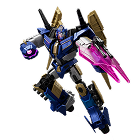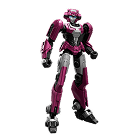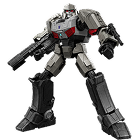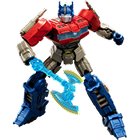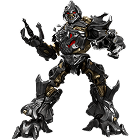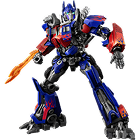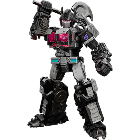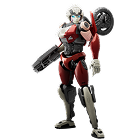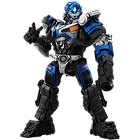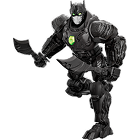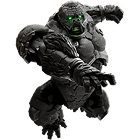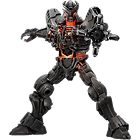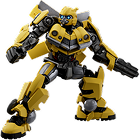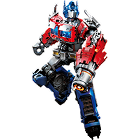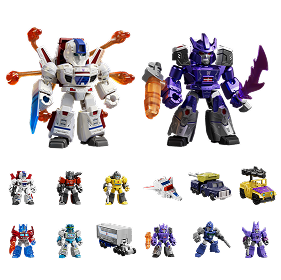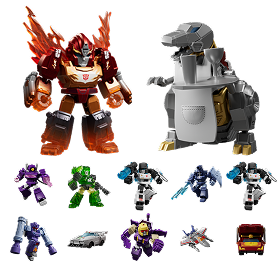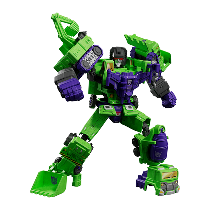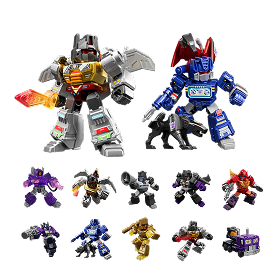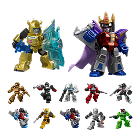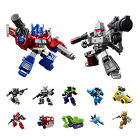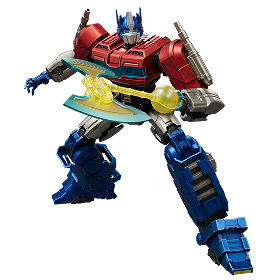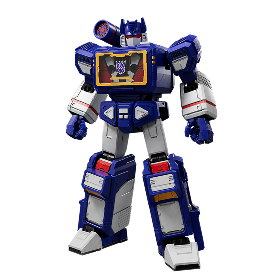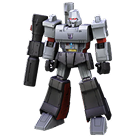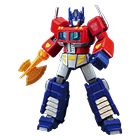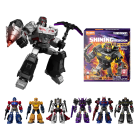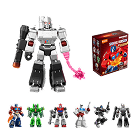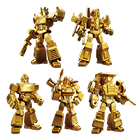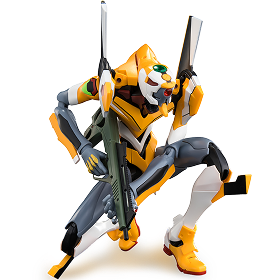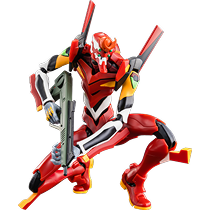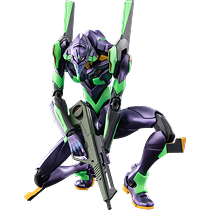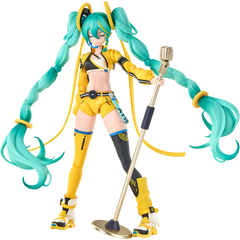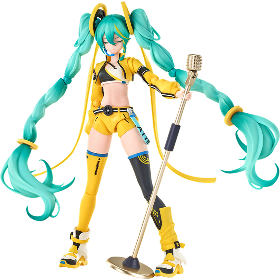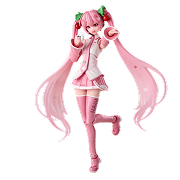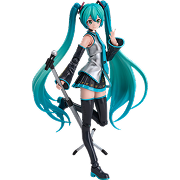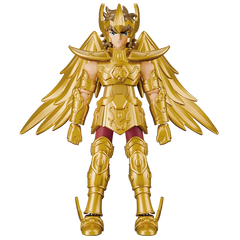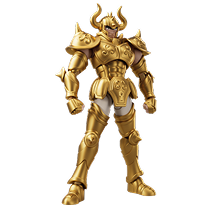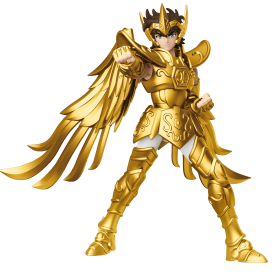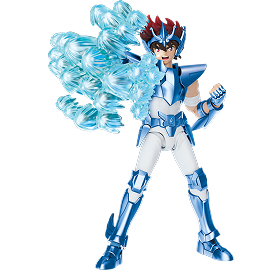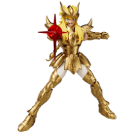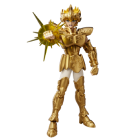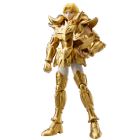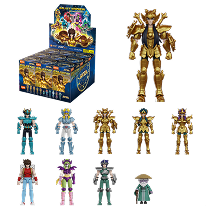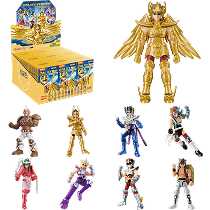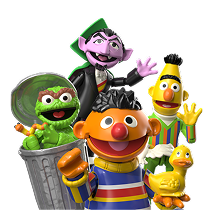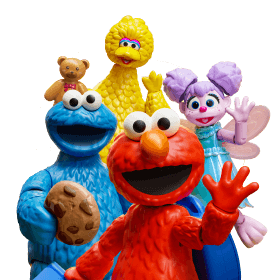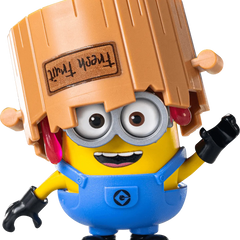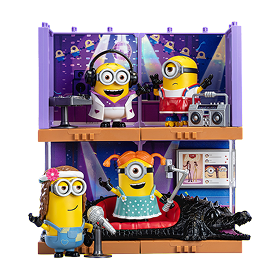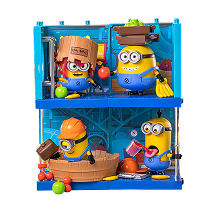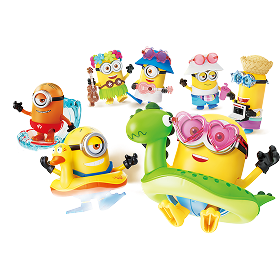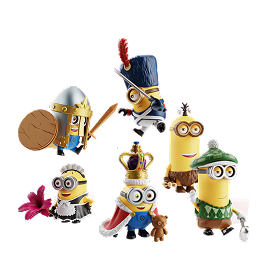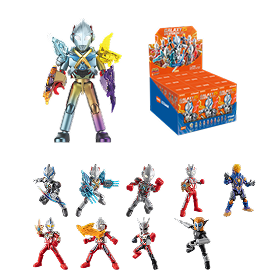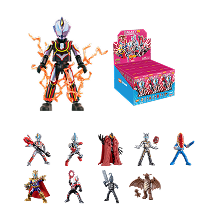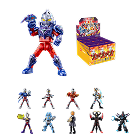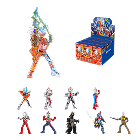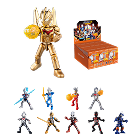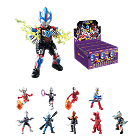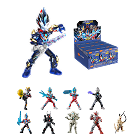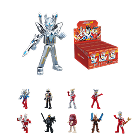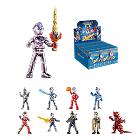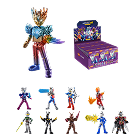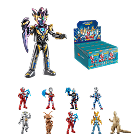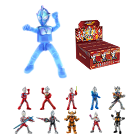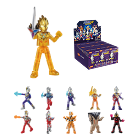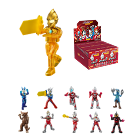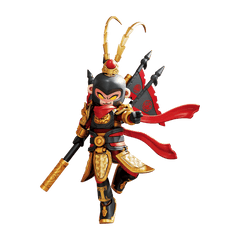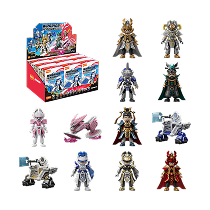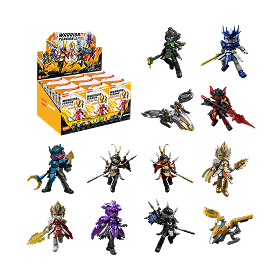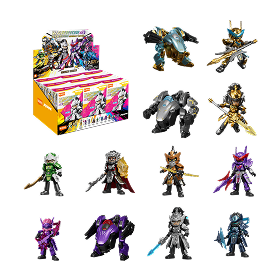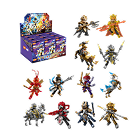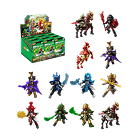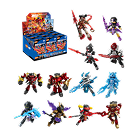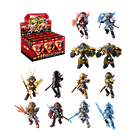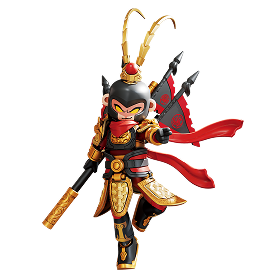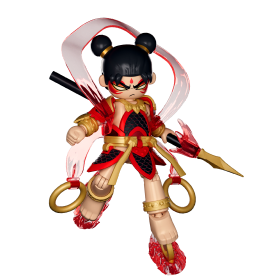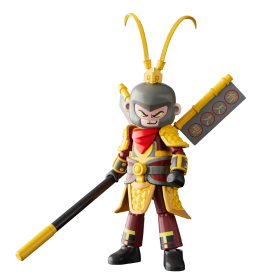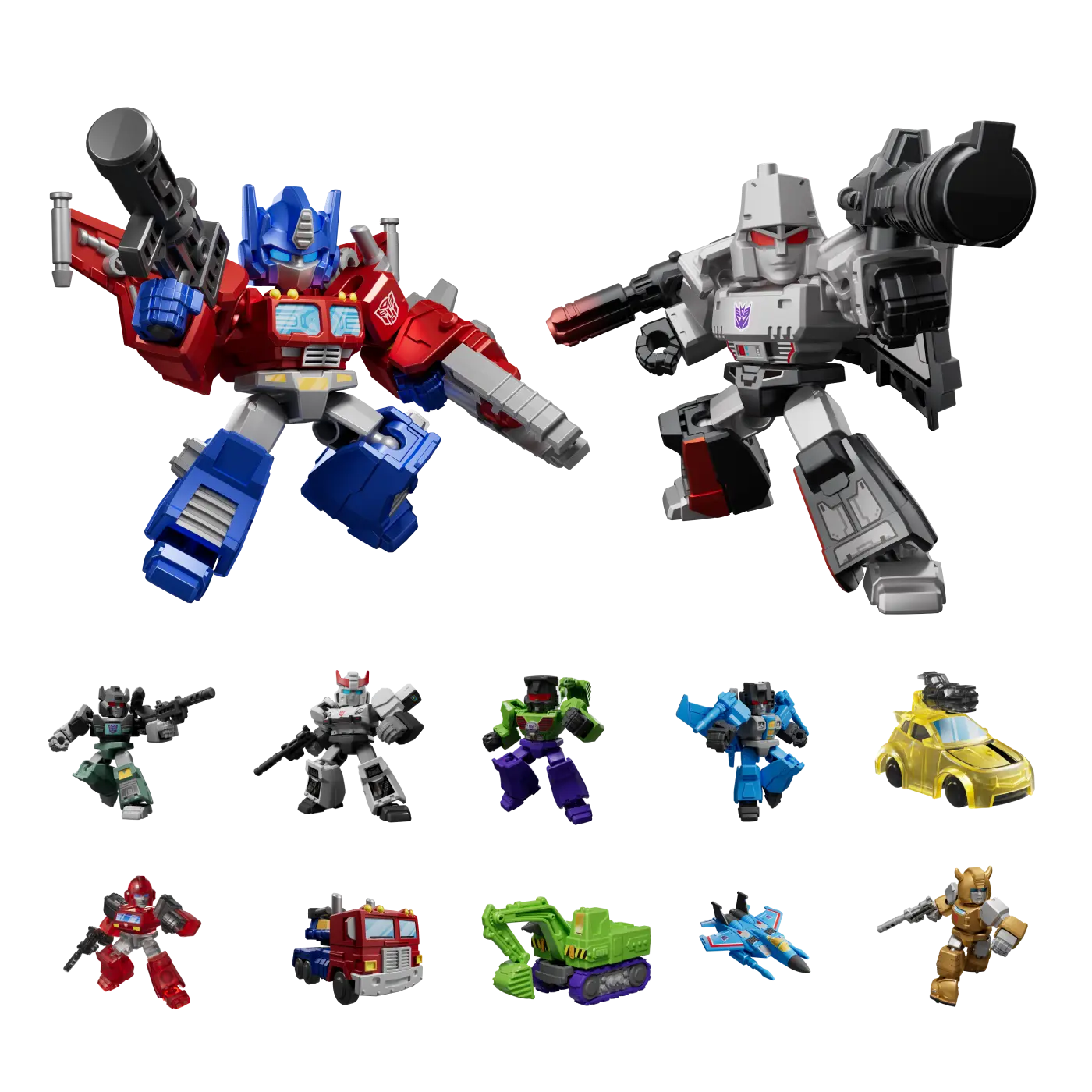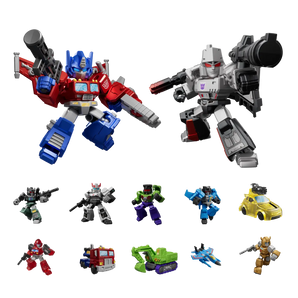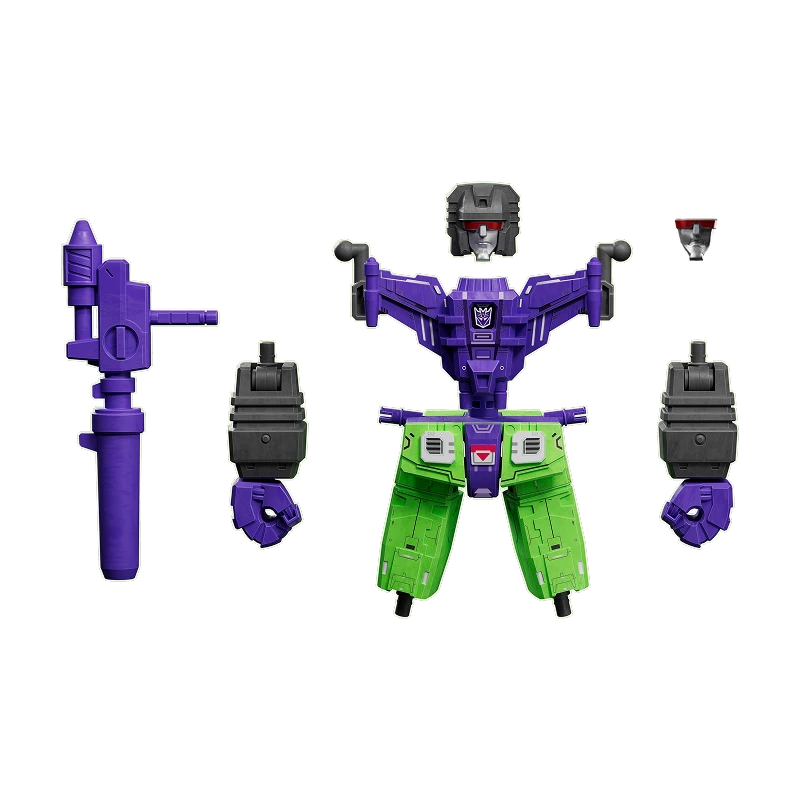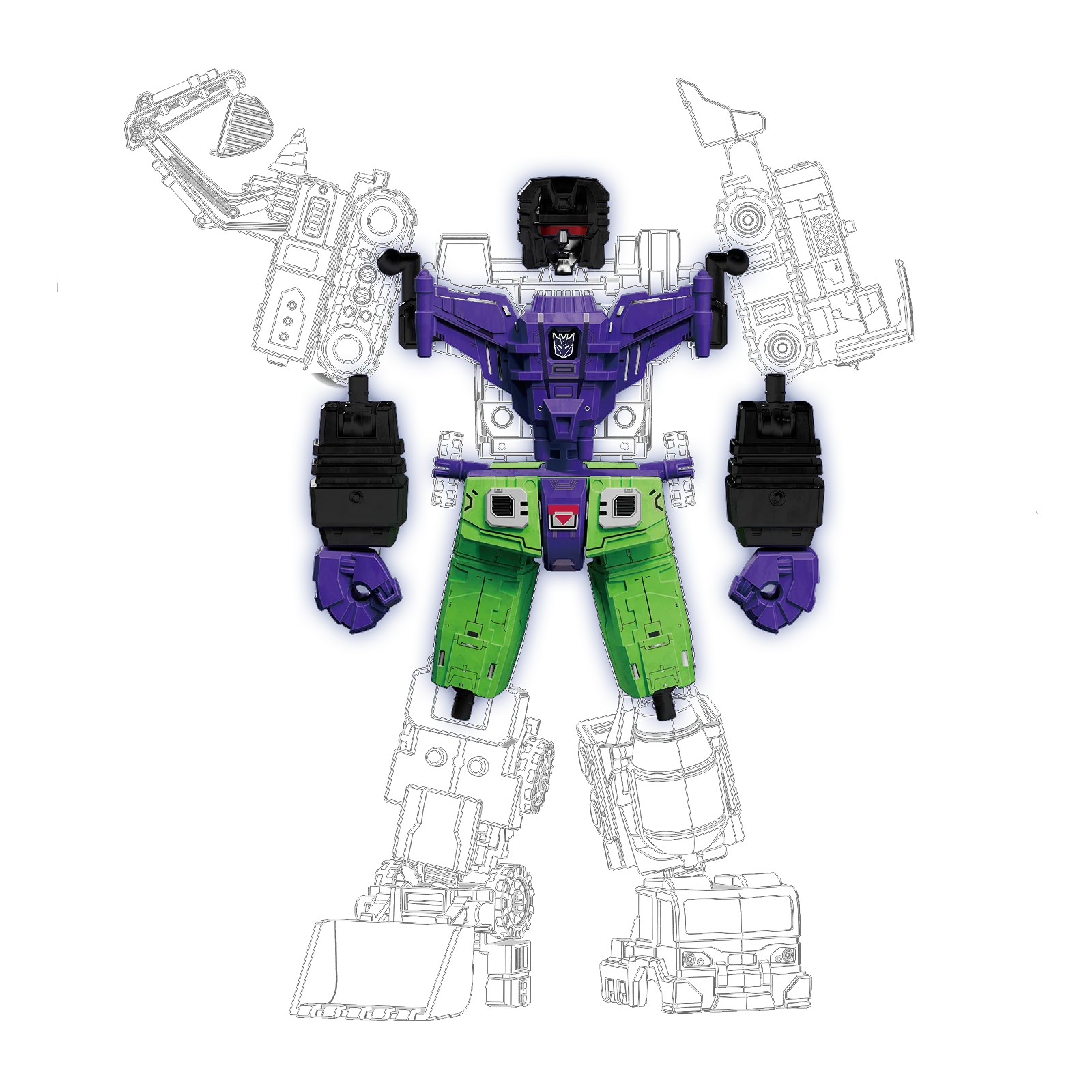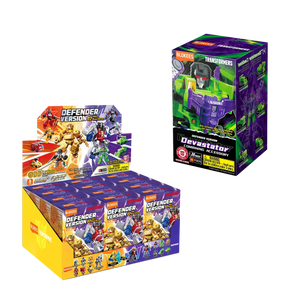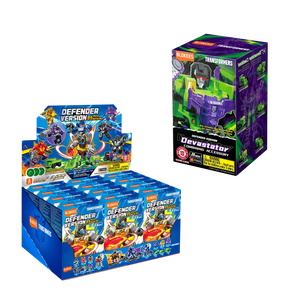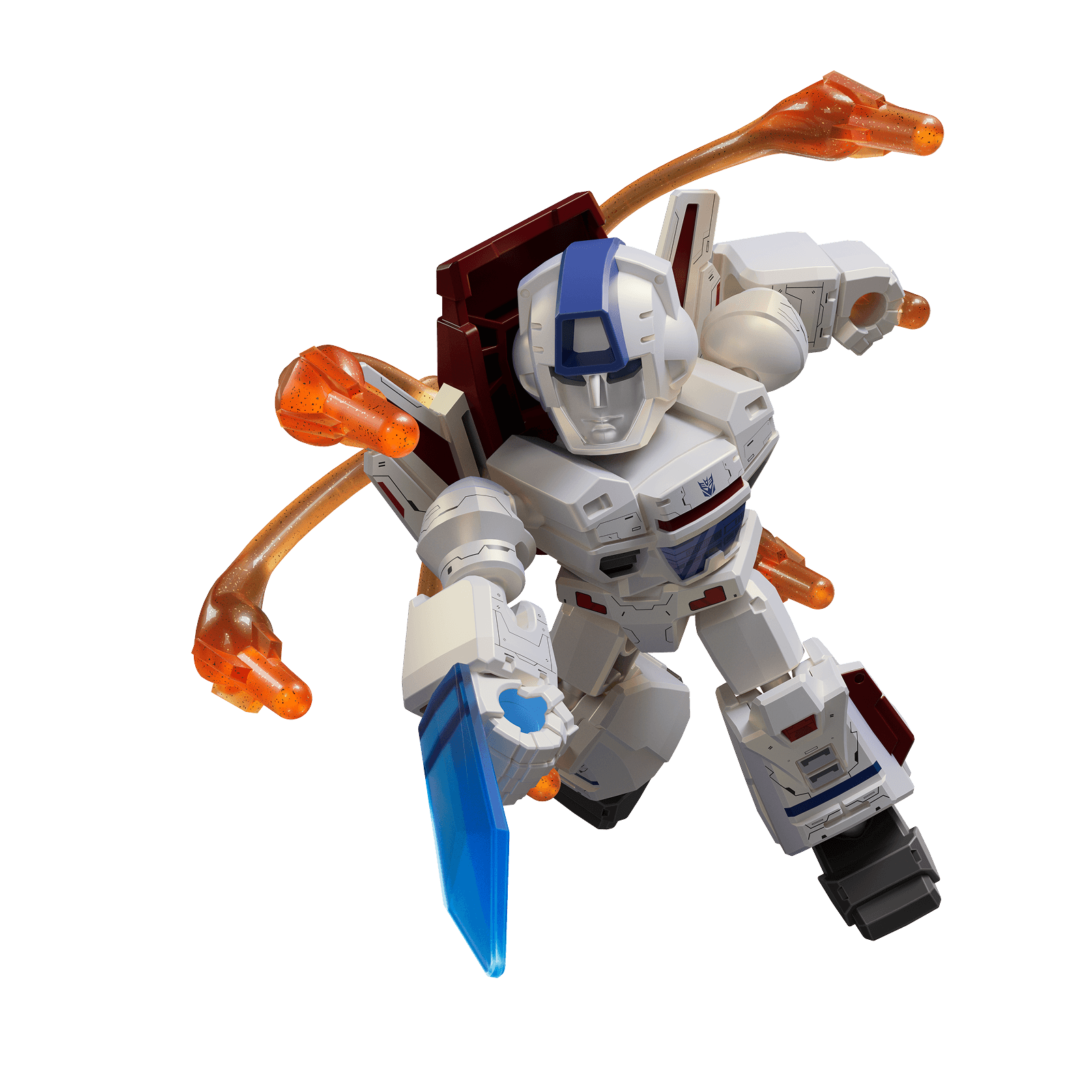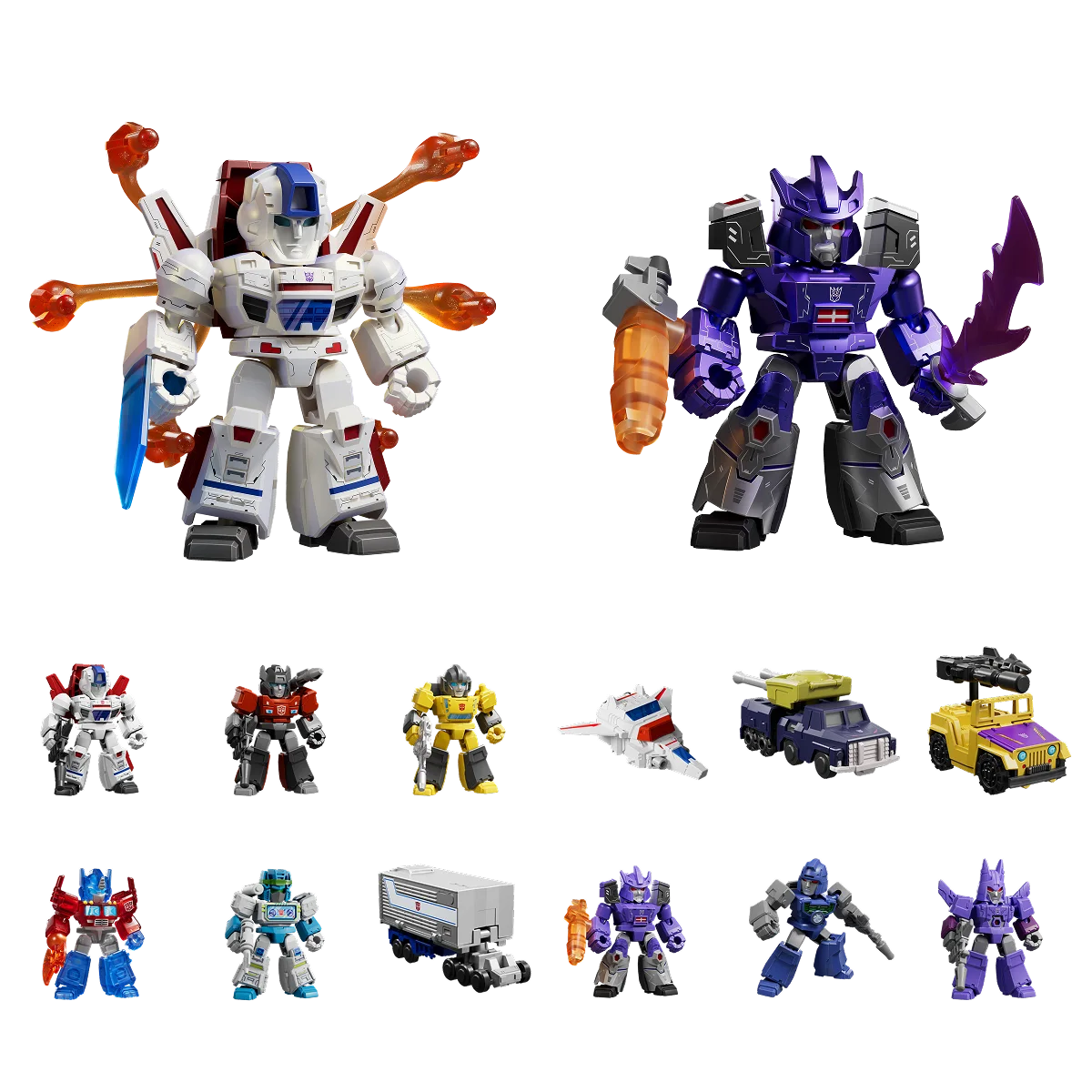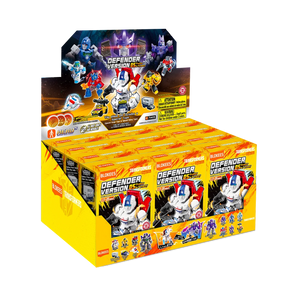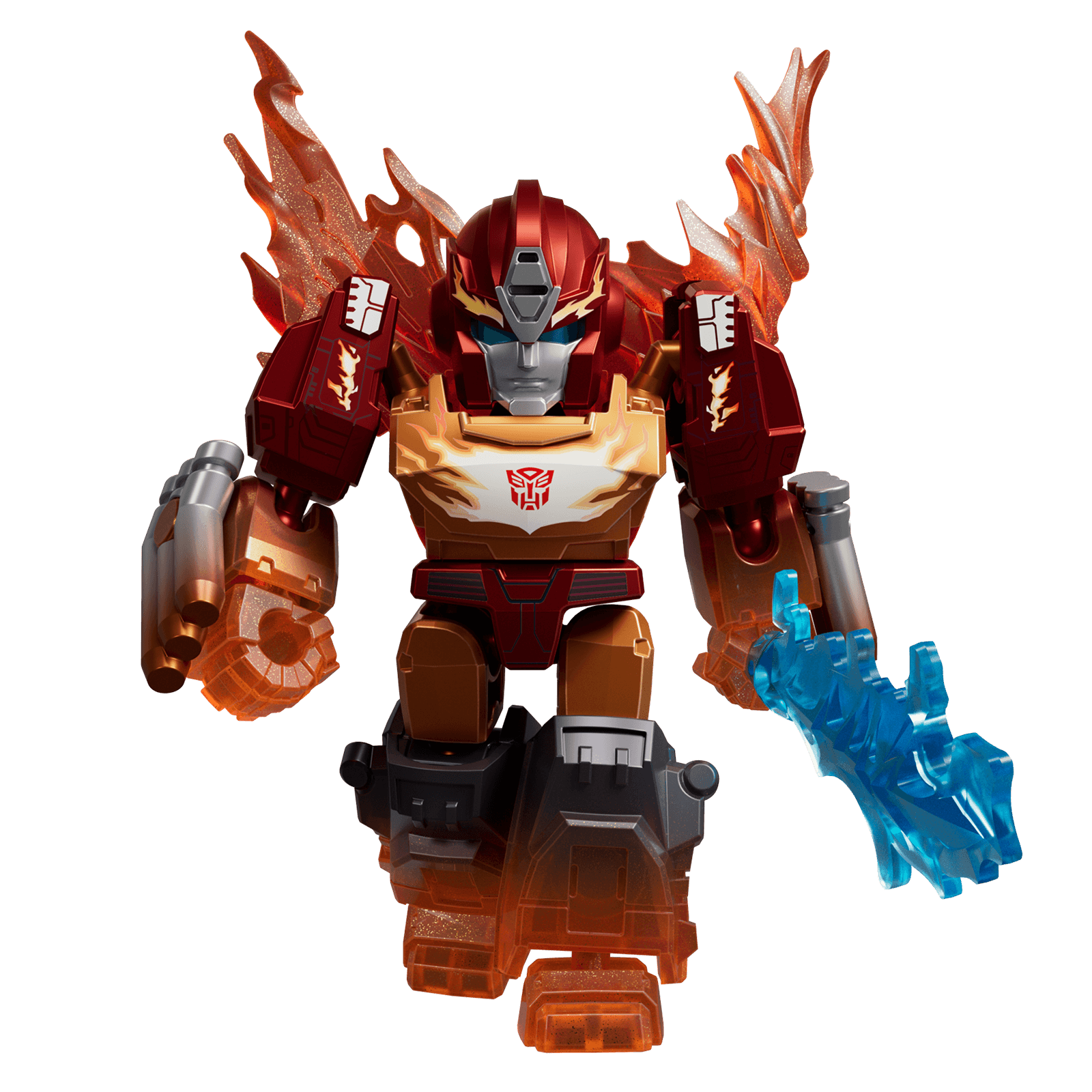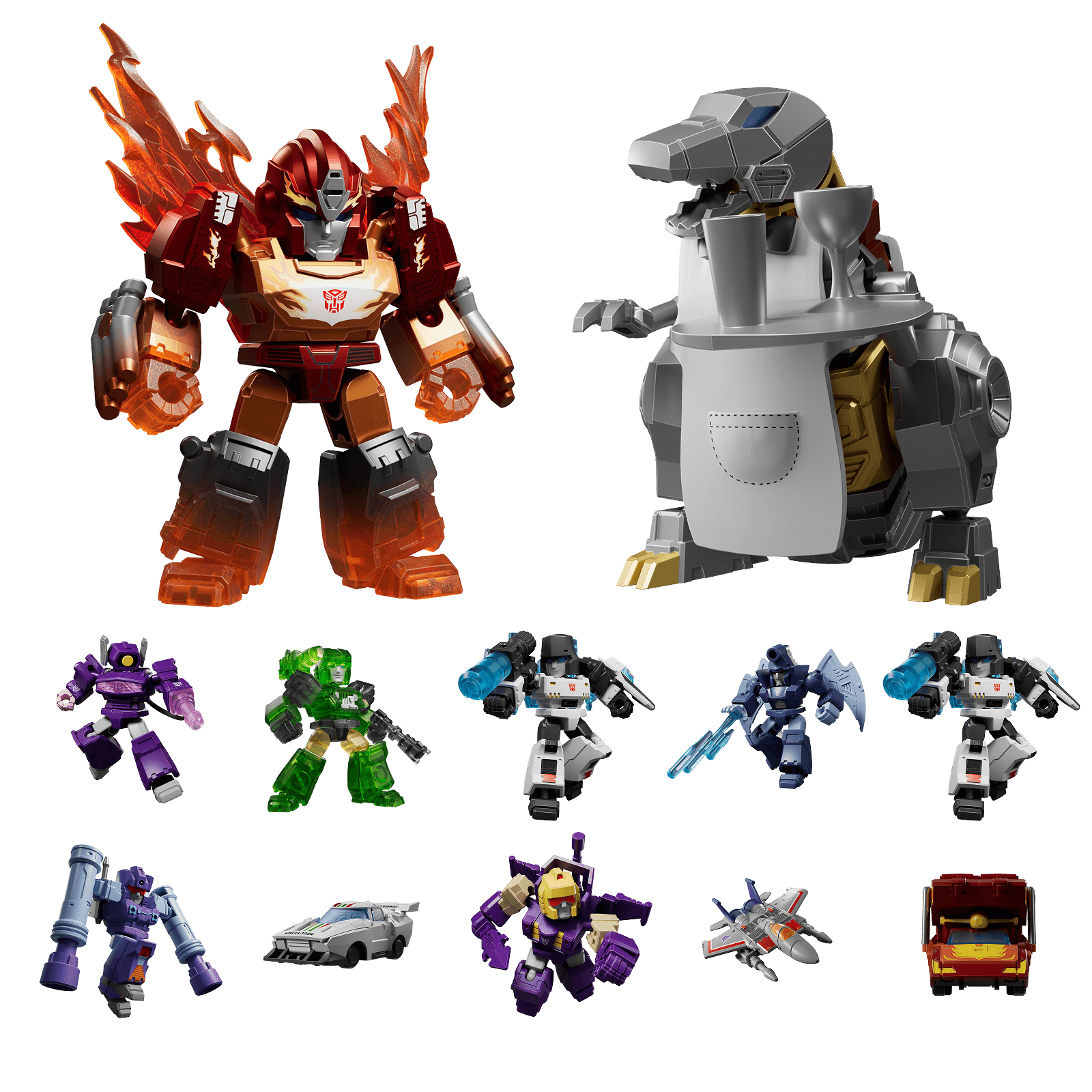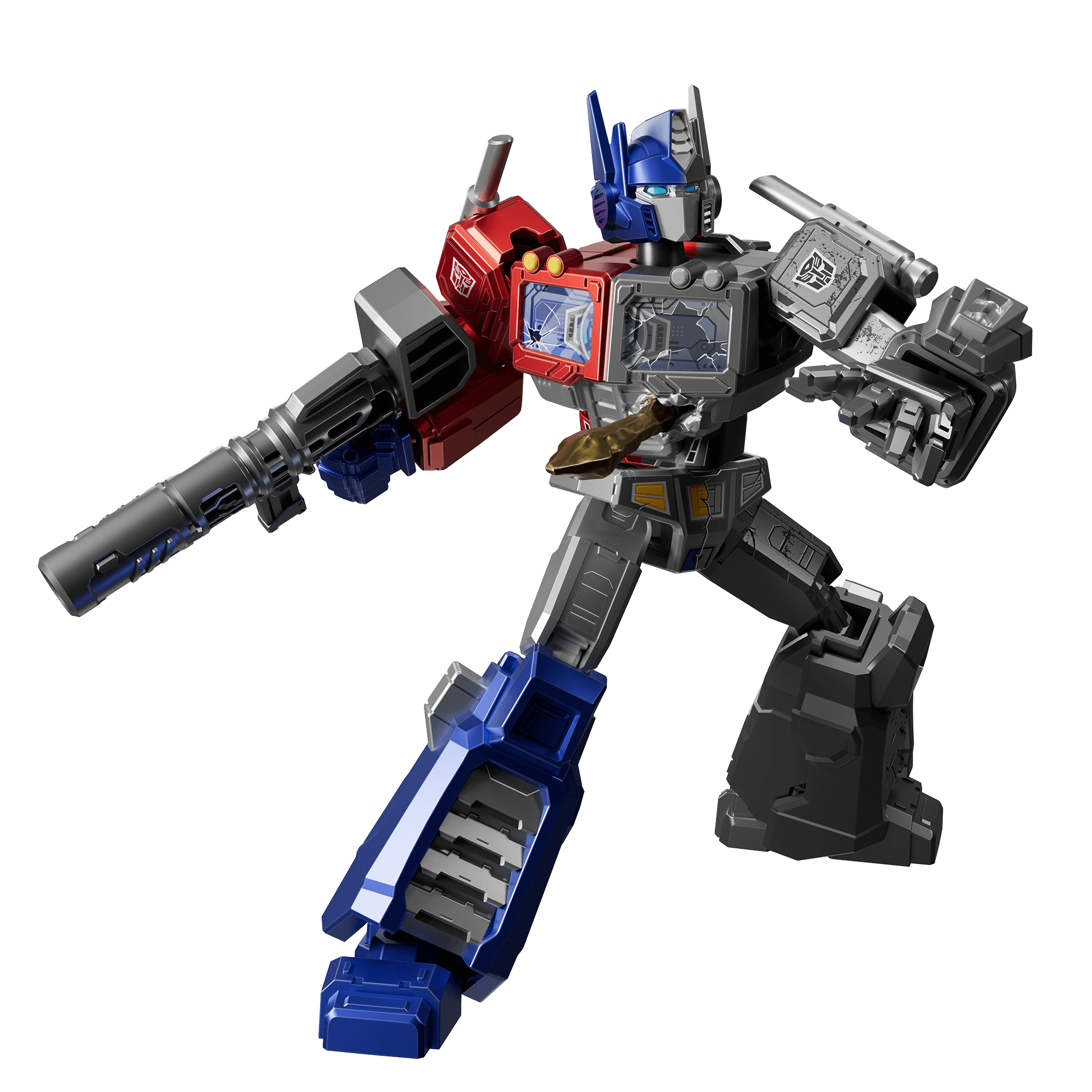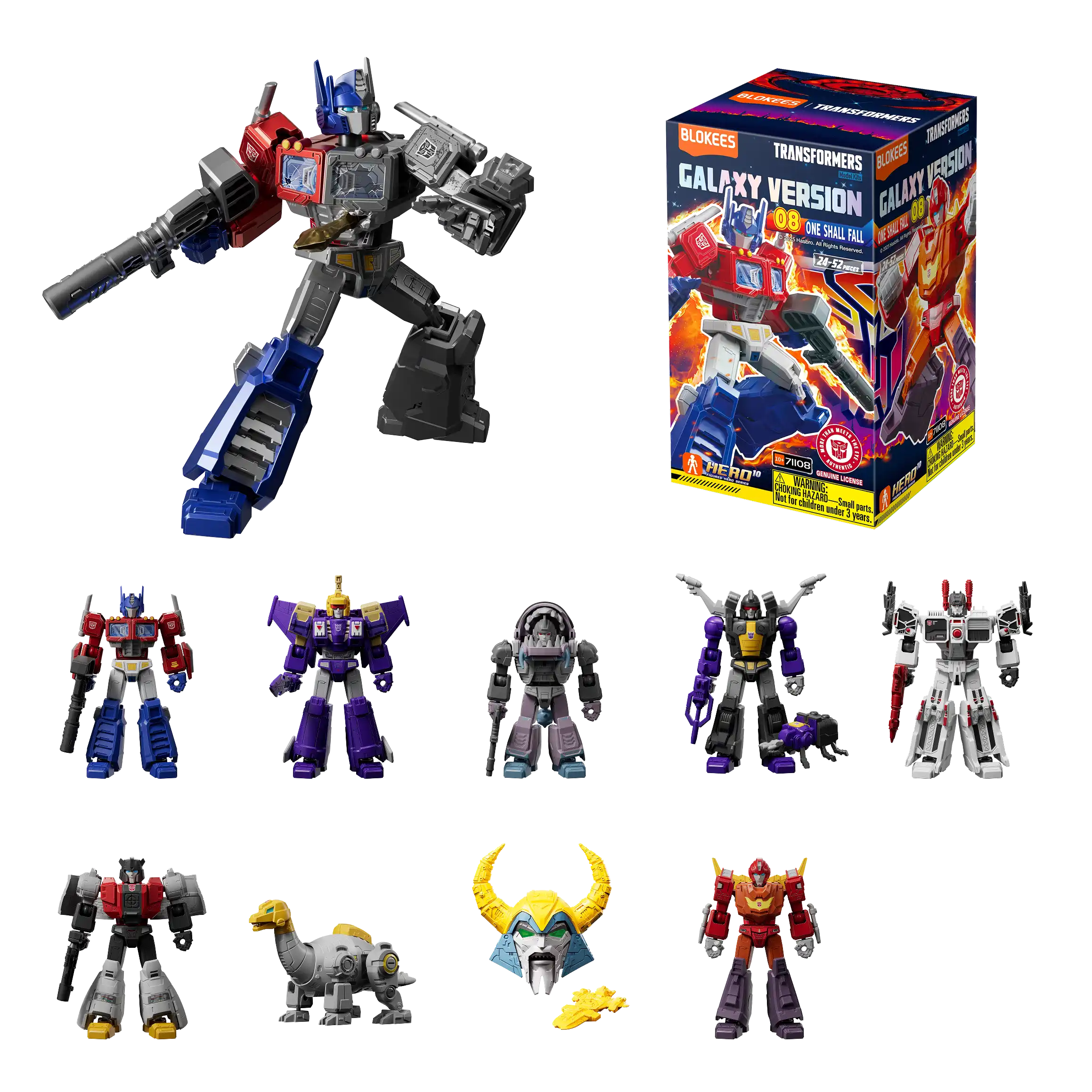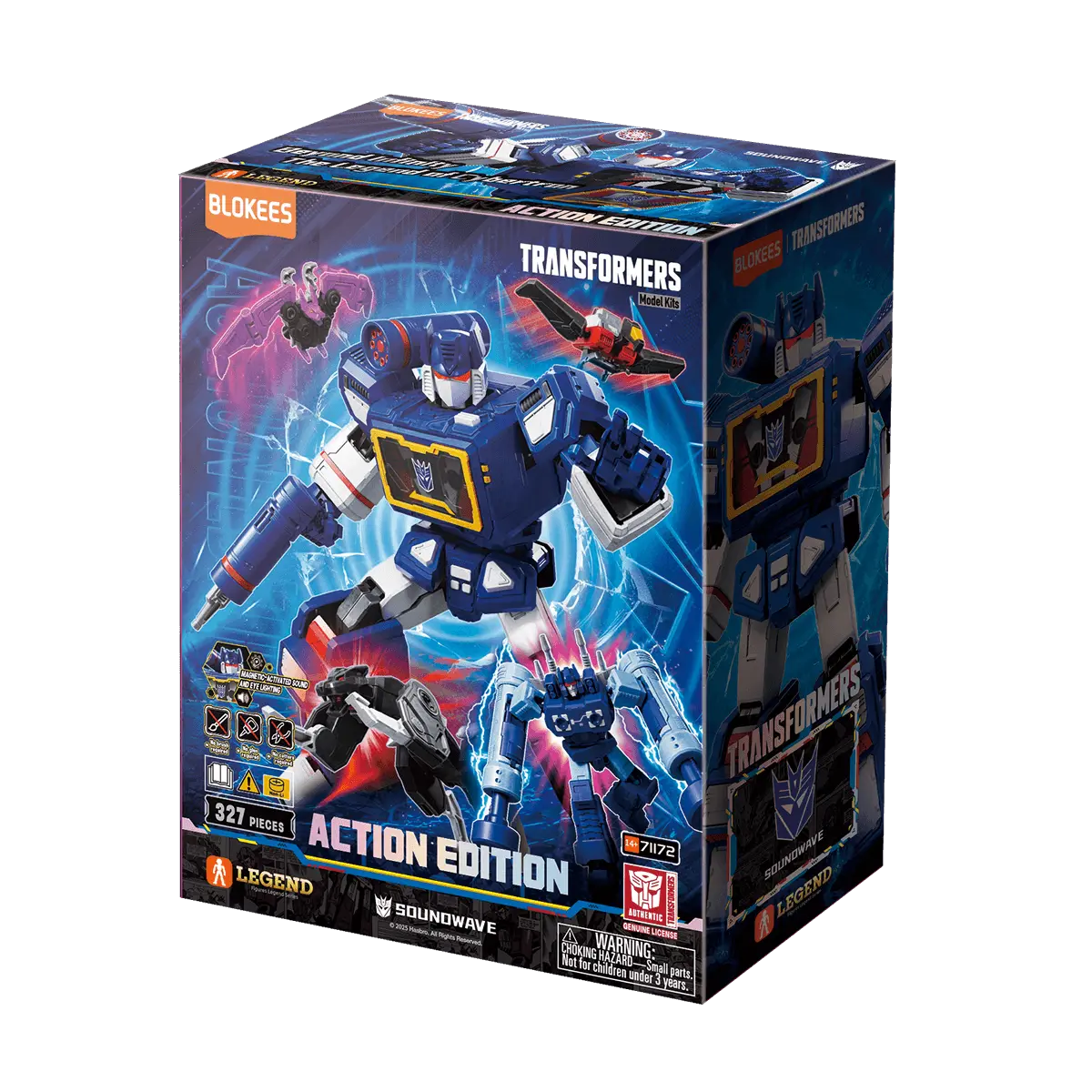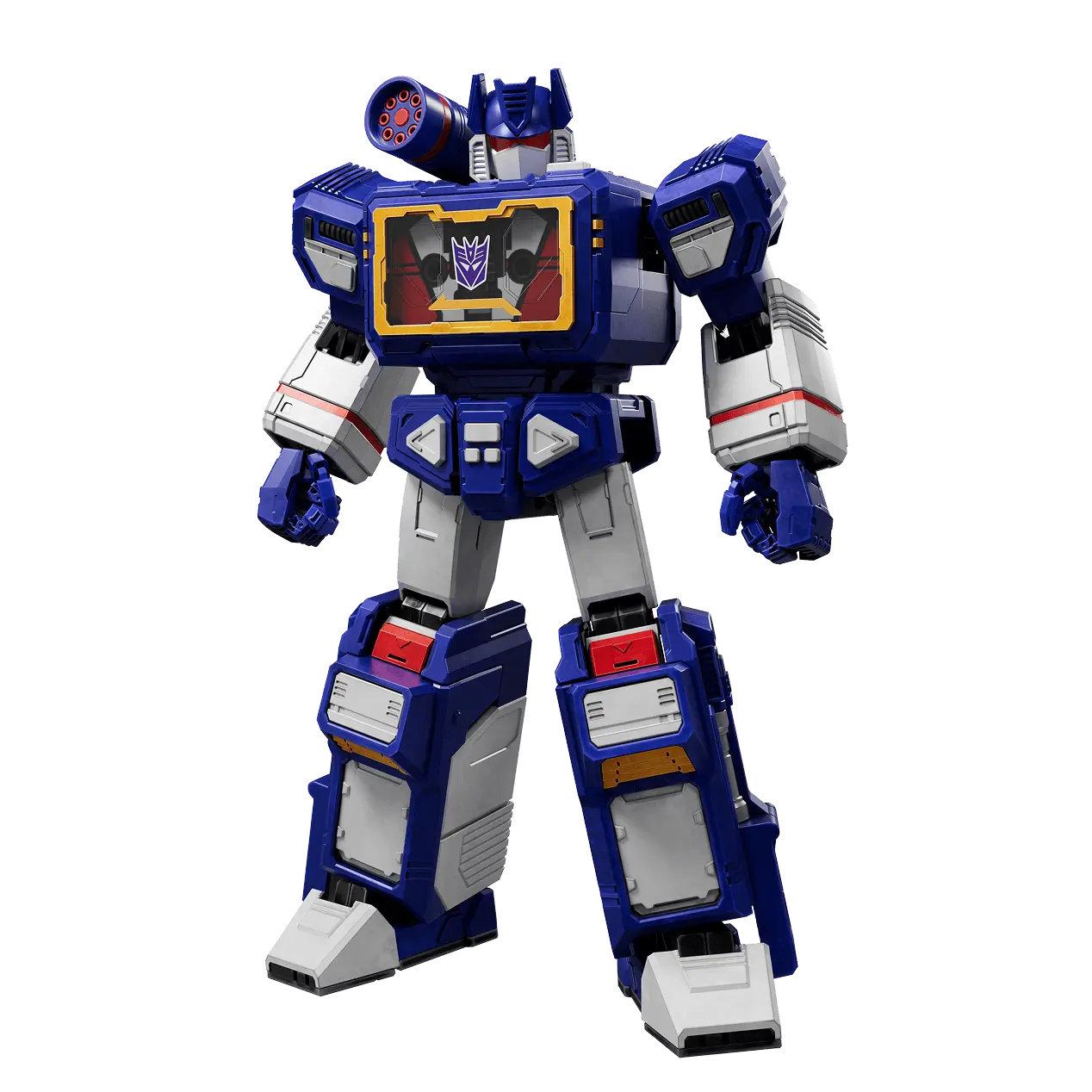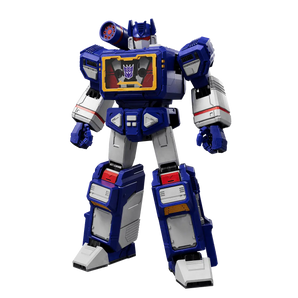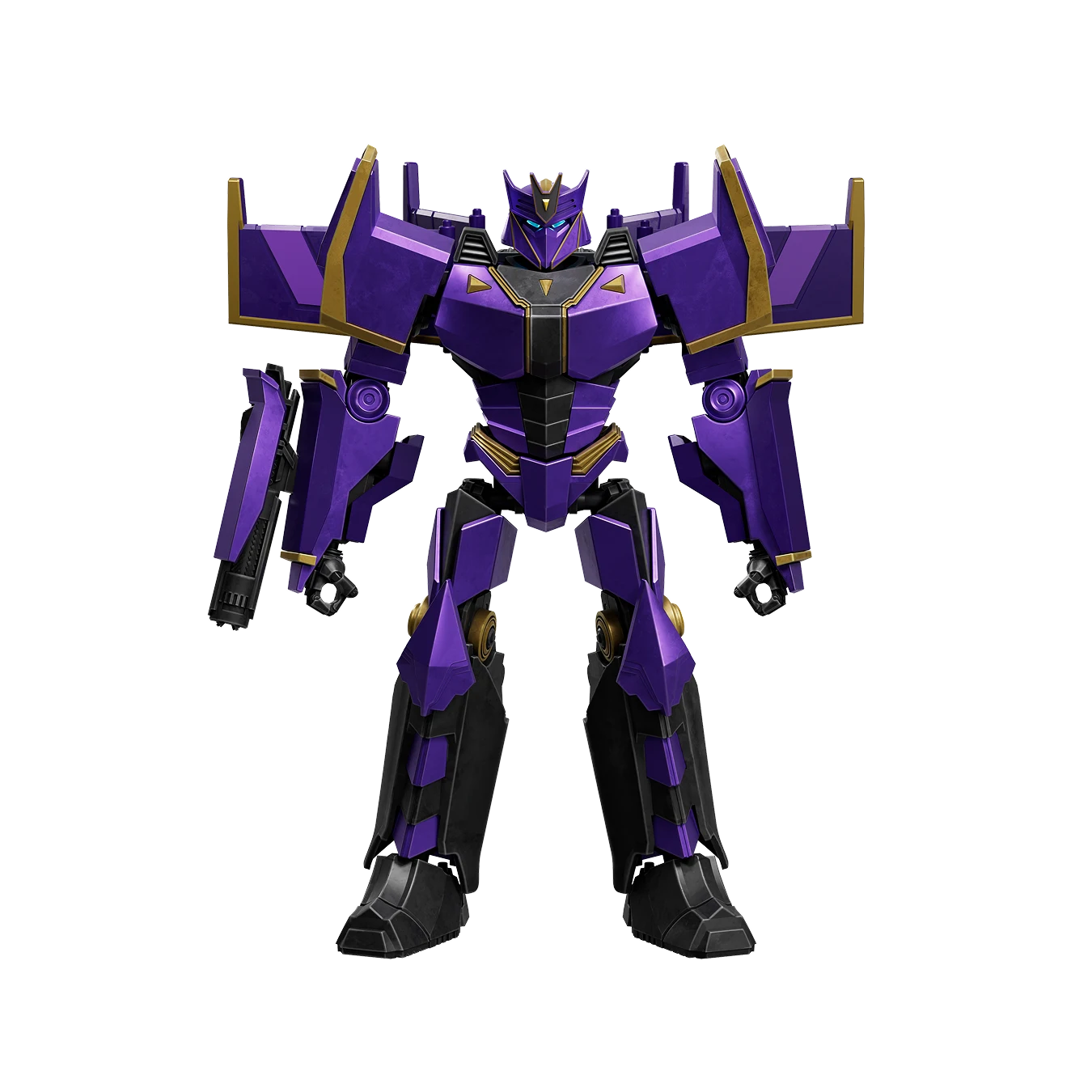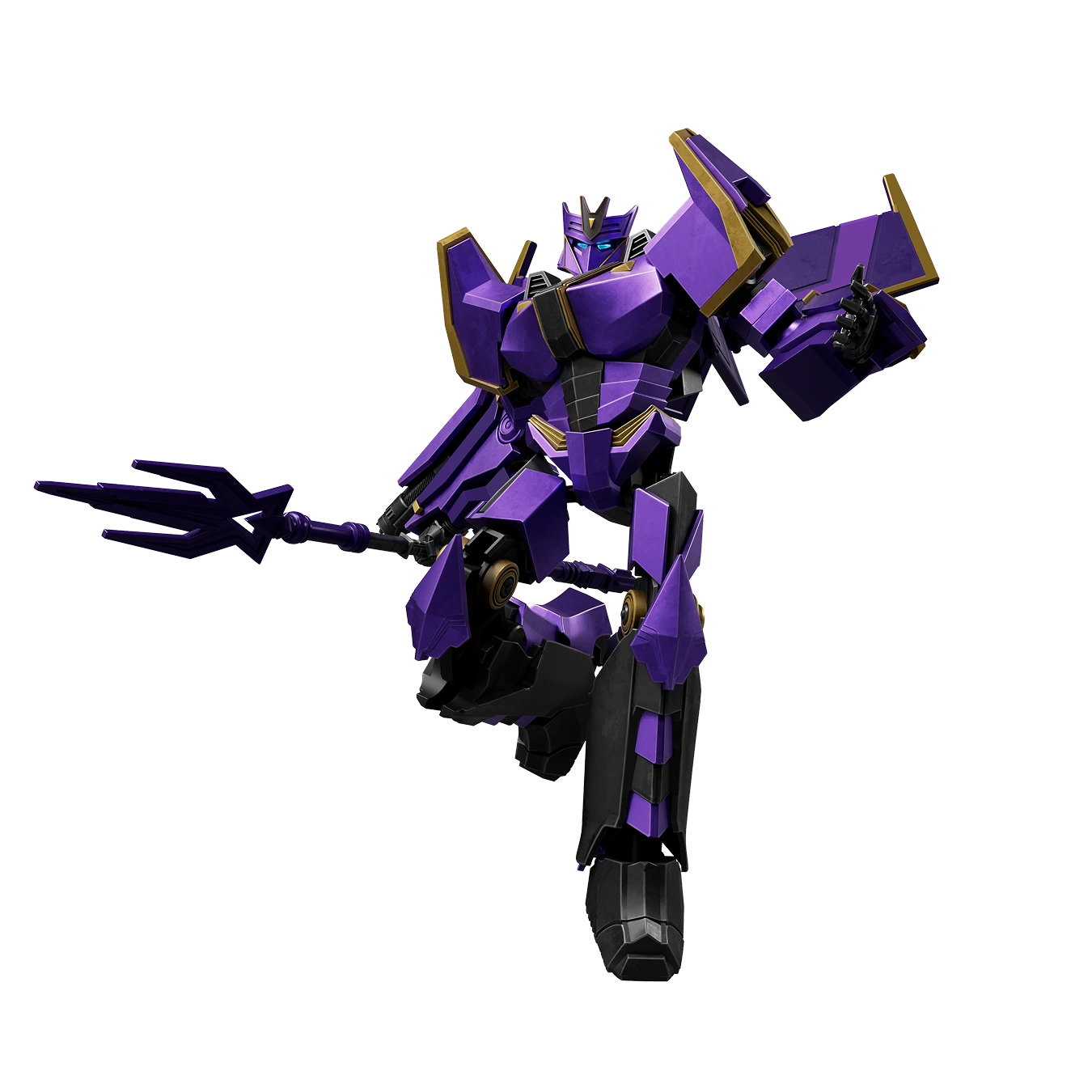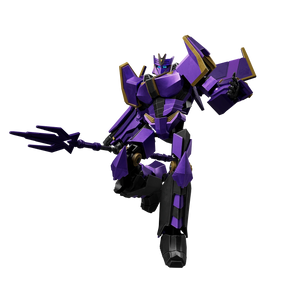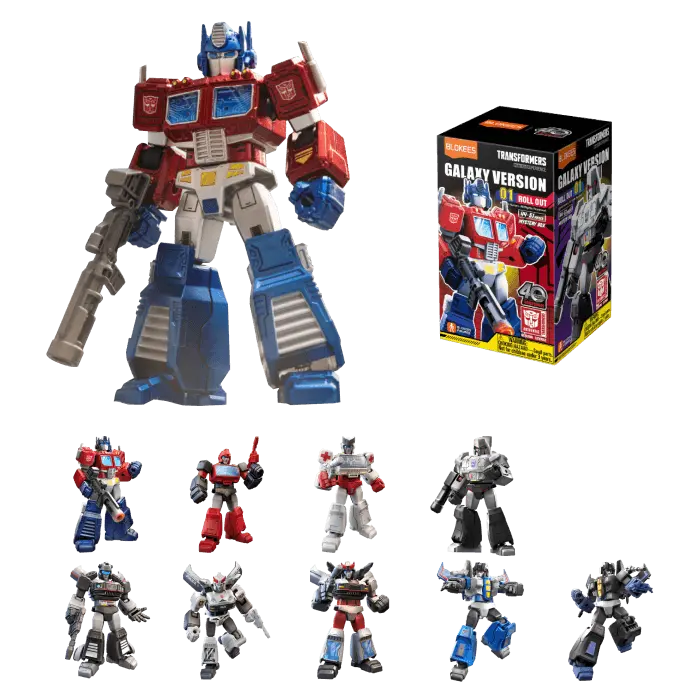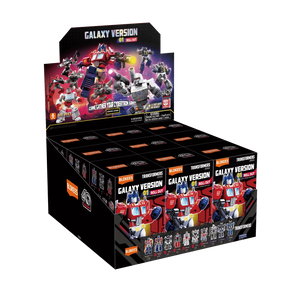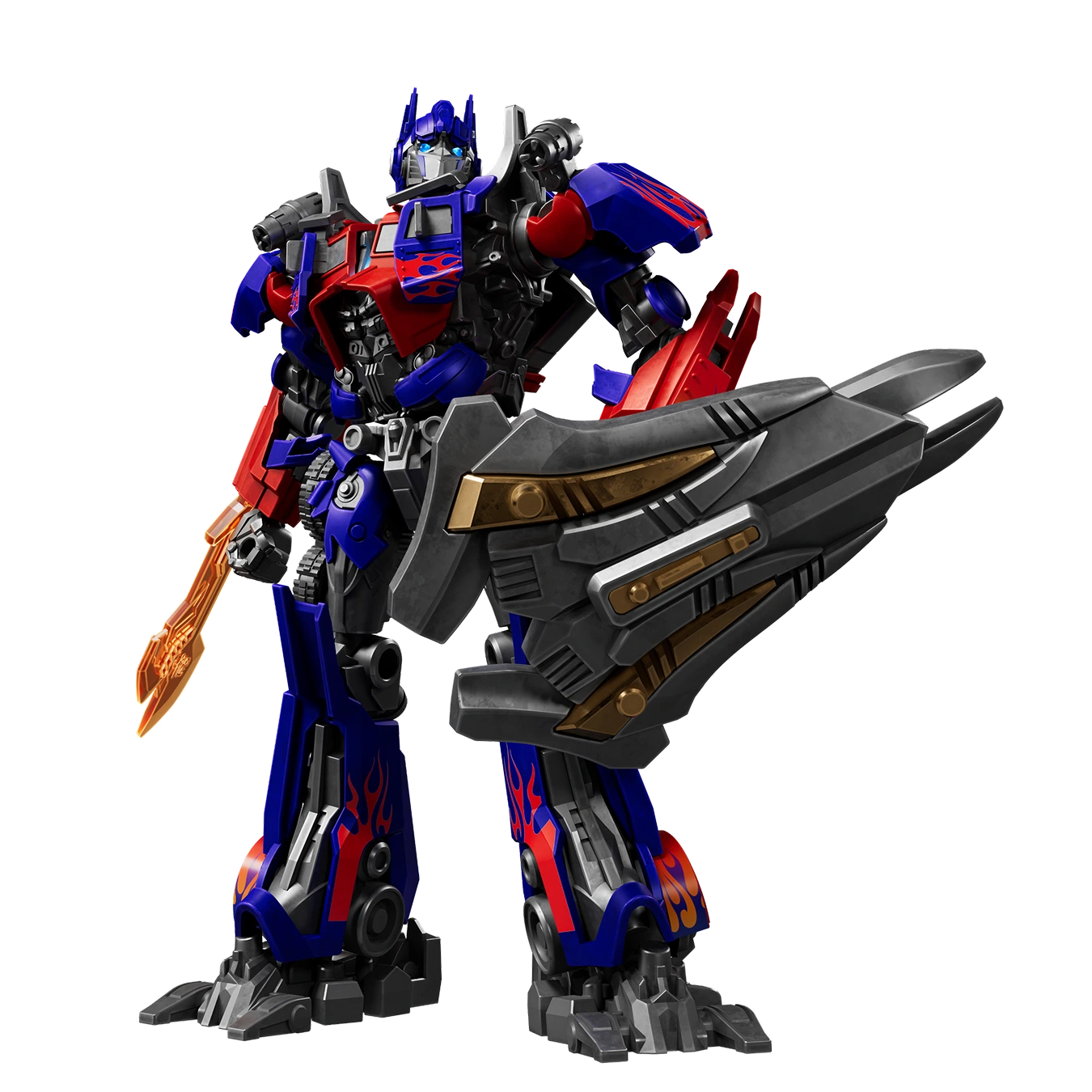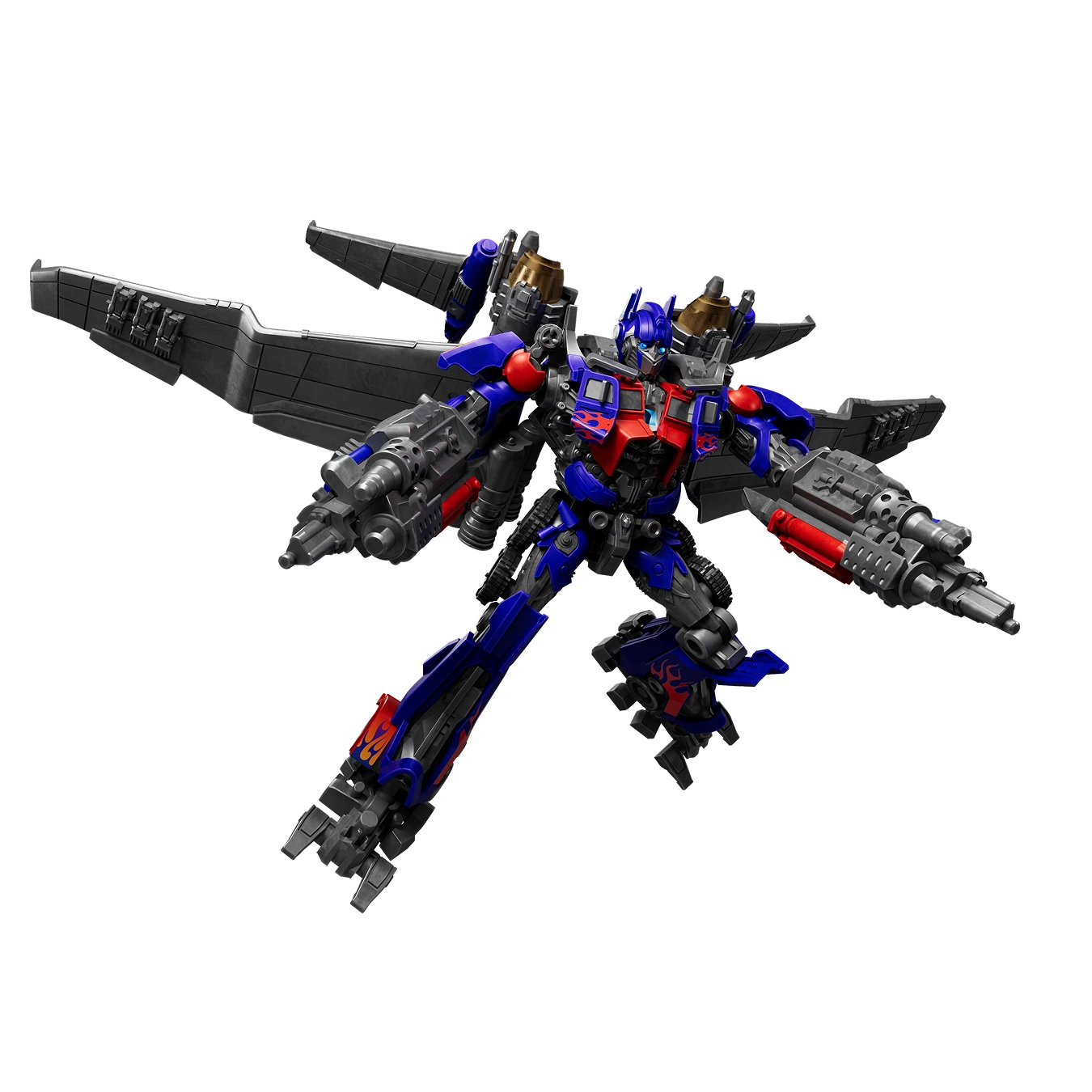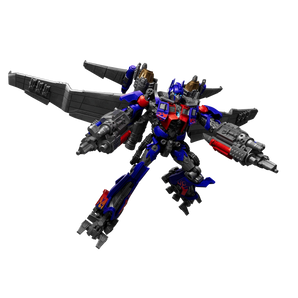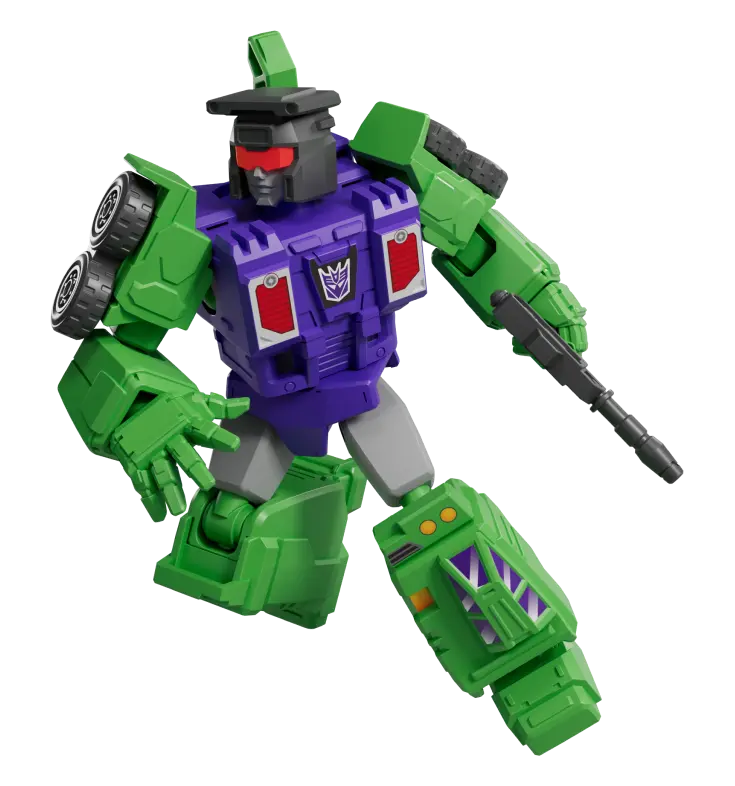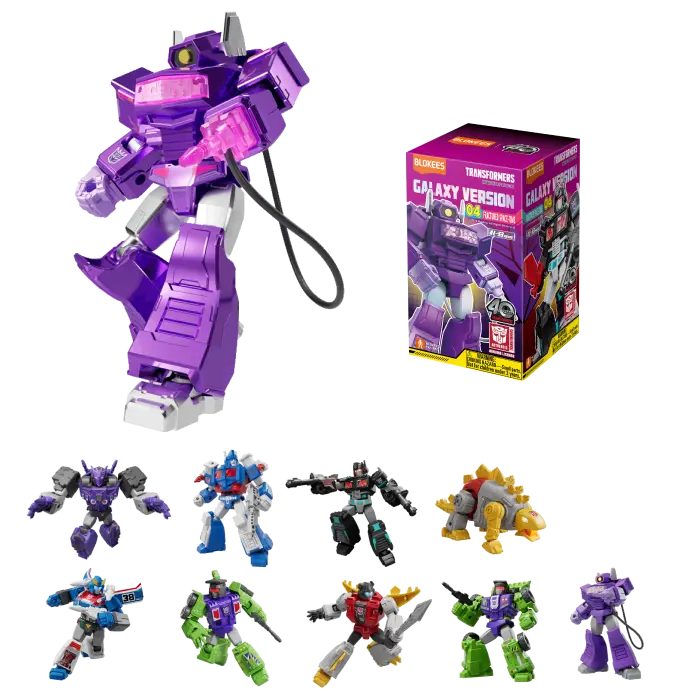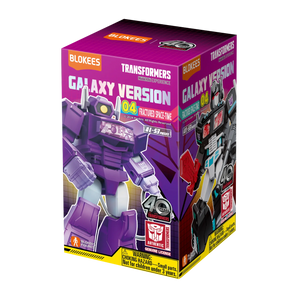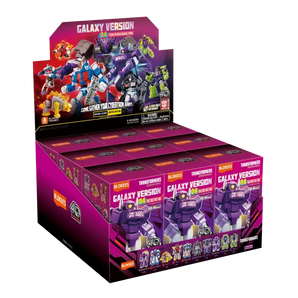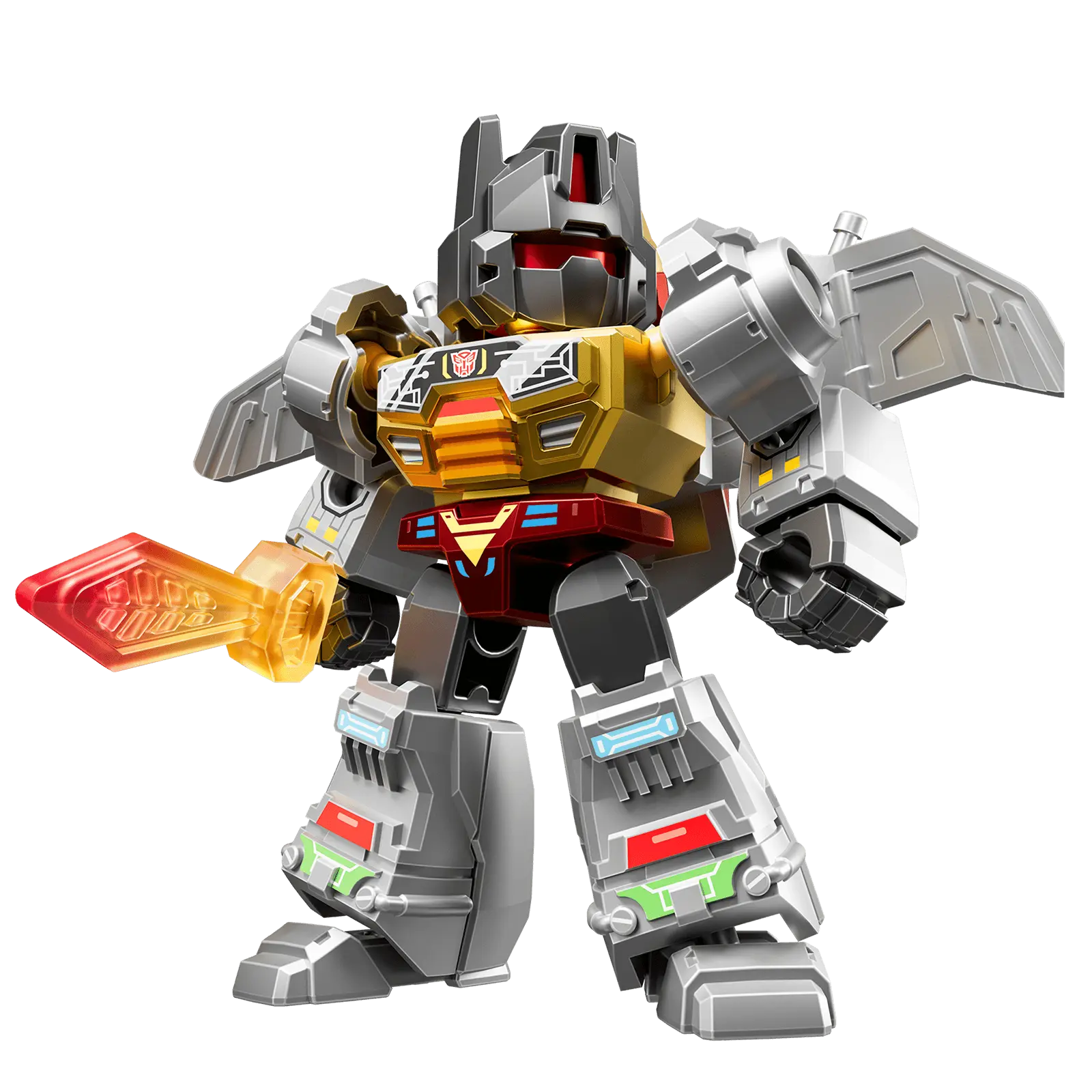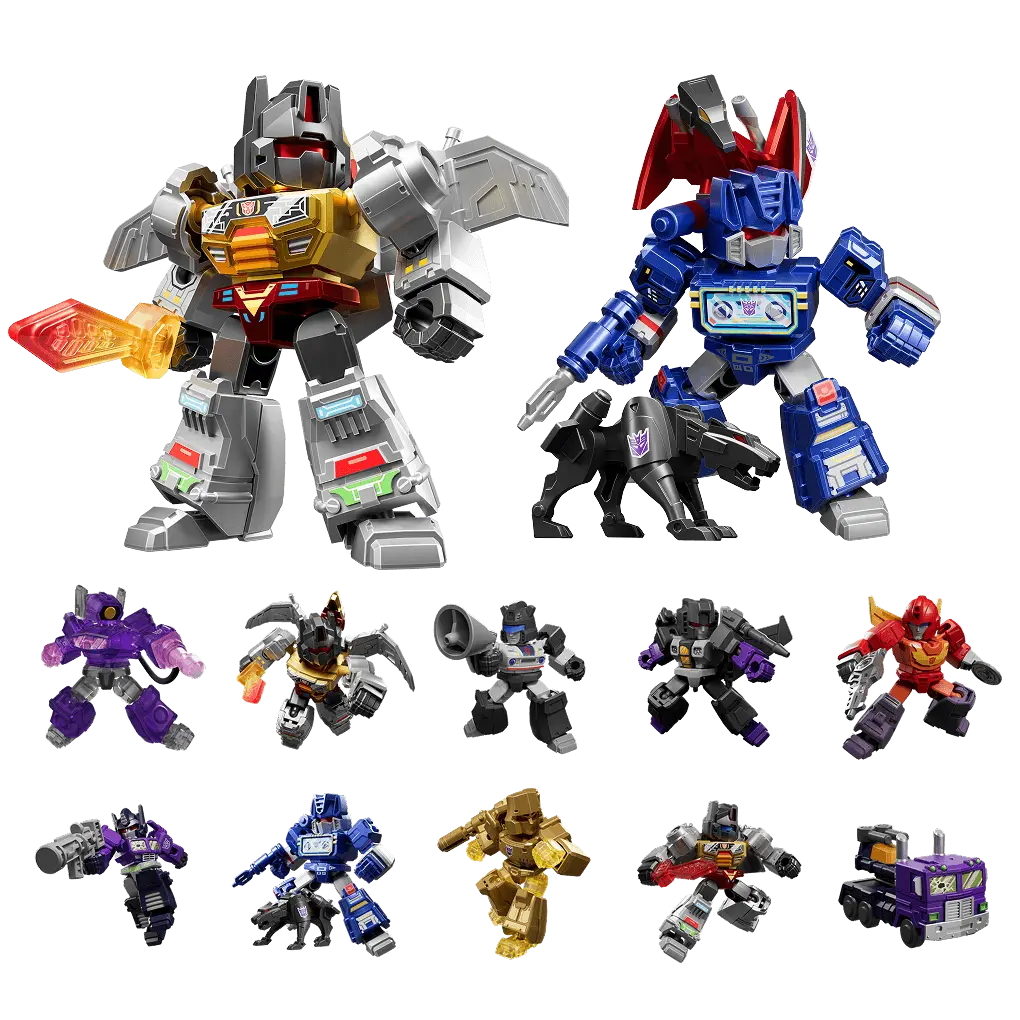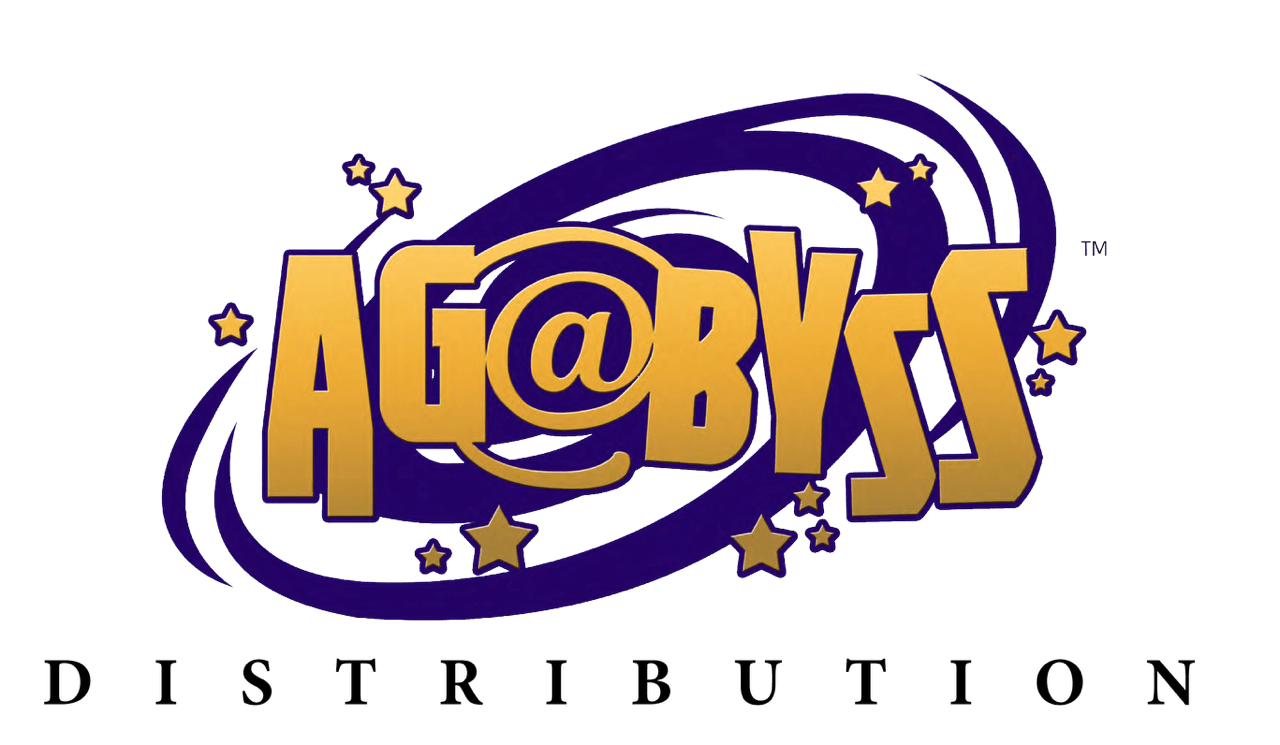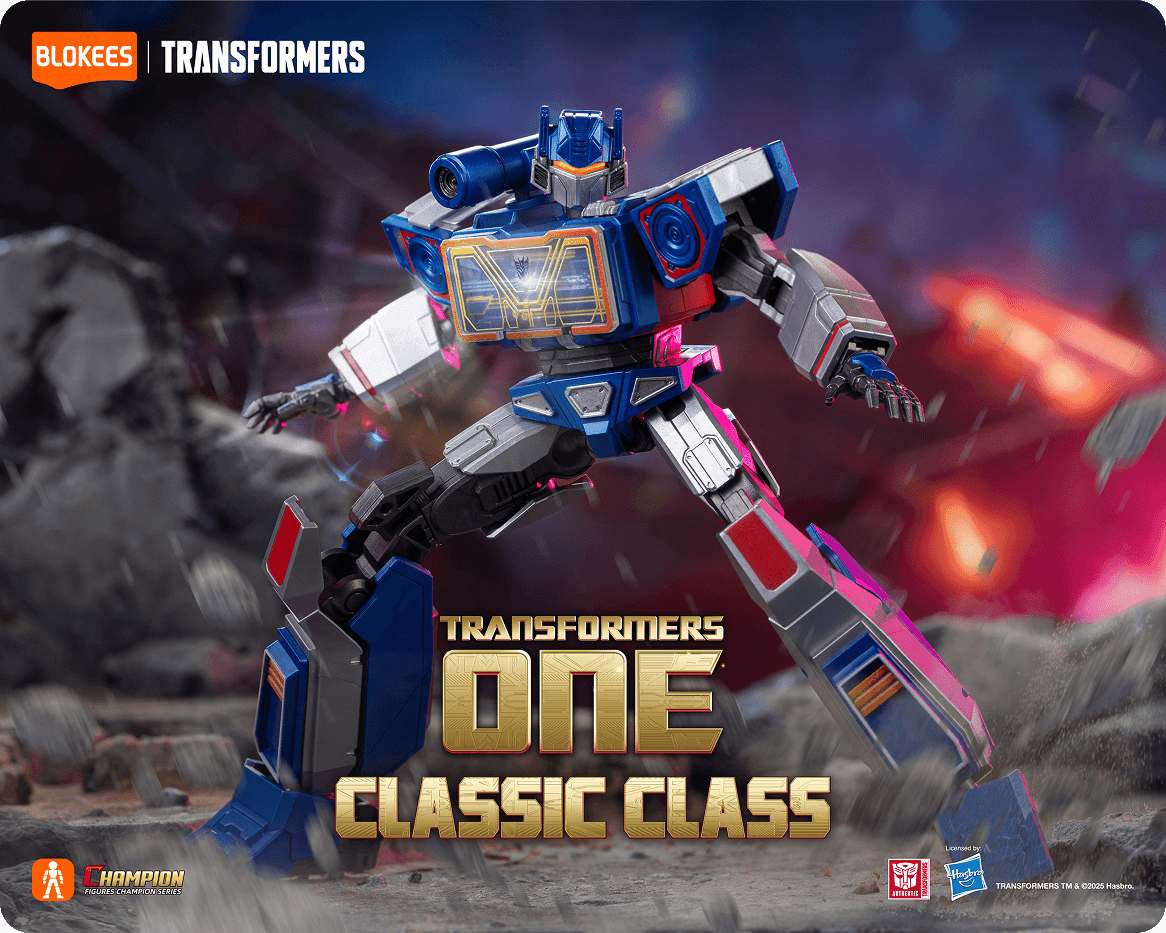Since its debut in 1995, Neon Genesis Evangelion has grown from a cult anime into one of the most influential series in pop culture. Combining deep psychology, religion-inspired themes, and striking mecha designs, it redefined what anime could be.
Today, its legacy stretches across movies, merchandise, fan art, and global discussions. But how popular is Evangelion really, and why does it continue to attract new viewers decades later?
Let’s explore its cultural impact, fan following, and enduring success.
A Quick Overview of Neon Genesis Evangelion
Before diving into its popularity, let’s recap what makes Evangelion stand out.
Created by Hideaki Anno and produced by Studio Gainax, the series follows teenager Shinji Ikari, who pilots Eva Unit-01 to fight mysterious beings called Angels threatening humanity.
Unlike typical mecha anime, Evangelion explores mental health, loneliness, and identity, using symbolic imagery and emotional depth.
The Anime That Defined a Generation
When Evangelion premiered in Japan, it wasn’t just another robot anime—it became a social and cultural phenomenon.
- The show aired at a time when Japan was facing economic stagnation and youth anxiety.
- Viewers connected deeply with Shinji’s emotional struggles and themes of human connection.
- The show’s unexpected and philosophical ending fueled debates, theories, and rewatches for years.
By the late 1990s, Evangelion was a household name in Japan, influencing everything from anime storytelling to music videos and fashion.
Global Reach: Evangelion Goes Worldwide

In the early 2000s, Neon Genesis Evangelion spread globally through VHS and DVD releases, and later streaming platforms like Netflix, introducing new audiences to its complex story.
Key factors behind its worldwide fame:
-
International distribution — Available in multiple languages.
- The End of Evangelion film boosted global recognition.
- Deep themes attracted both anime fans and film critics.
- Online fan communities kept discussions alive for decades.
Today, Evangelion is recognized as one of the most-discussed anime series ever, often compared to Attack on Titan or Death Note for its narrative depth.
Why Evangelion Stands Out

The reason Evangelion remains popular isn’t just nostalgia—it’s because it broke conventions.
Here’s what made it unique:
- Complex Characters: Each pilot—Shinji, Asuka, and Rei—represents a different psychological archetype.
- Philosophical Themes: It dives into depression, identity, and self-worth.
- Innovative Animation: For its time, the battles and emotional direction were revolutionary.
- Rewatch Value: Every rewatch reveals hidden symbolism.
Even after nearly 30 years, few anime have matched its depth or storytelling ambition.
Fanbase Growth Over the Years
Let’s look at how its popularity evolved across generations.
|
Era |
Key Moment |
Impact |
|
1995–1997 |
Original TV Broadcast |
Cult following, anime revolution |
|
1997–2005 |
The End of Evangelion, home releases |
Expanded fanbase internationally |
|
2006–2015 |
Rebuild Movie Series begins |
Renewed interest, new fans introduced |
|
2019 |
Netflix release with new subtitles |
Mainstream revival globally |
|
2021–Present |
Evangelion: 3.0+1.0 Thrice Upon a Time |
Record box office, modern acclaim |
Each release introduced Evangelion to a new generation of anime fans, proving its timeless appeal.
Evangelion in Modern Pop Culture
Even today, the influence of Evangelion can be seen across entertainment:
- Referenced in Hollywood movies like Pacific Rim.
- Collaborations in games such as Fortnite and Monster Strike.
- Global fashion collabs with Uniqlo, Gucci, and Adidas.
- Its soundtrack and ending theme “Fly Me to the Moon” remain iconic.
The franchise has become a cultural symbol—not just of anime but of emotional storytelling itself.
The Characters That Defined the Series

The heart of Evangelion lies in its characters, each deeply symbolic and emotionally complex:
- Shinji Ikari: The reluctant hero representing fear and self-doubt.
- Rei Ayanami: The mysterious, soft-spoken clone symbolizing identity and existence.
- Asuka Langley Soryu: Fiery and competitive, embodying pride and vulnerability.
- Misato Katsuragi: The flawed yet caring adult.
Their development continues to attract psychological and academic analysis, keeping fans intrigued long after finishing the series.
The Angels: Iconic Enemies of Humanity
The Angels in Evangelion are more than just monsters—they’re philosophical puzzles. Each represents an idea or emotion confronting the human psyche.
Examples include:
- Sachiel: The first Angel, symbolizing conflict and awakening.
- Ramiel: The geometric Angel showcasing pure fear.
- Zeruel: The embodiment of destruction and rebirth.
Their surreal designs and symbolic names make them favorites for collectors and artists worldwide.
Watch Order: How to Experience Evangelion Properly

New viewers often wonder how to watch Evangelion in the correct order.
Here’s the recommended sequence for the best experience:
- Neon Genesis Evangelion (TV series, 1995) – Episodes 1–26
- The End of Evangelion (1997) – Alternative ending movie
- Rebuild of Evangelion Movies:
- 1.0 You Are (Not) Alone
- 2.0 You Can (Not) Advance
- 3.0 You Can (Not) Redo
- 3.0+1.0 Thrice Upon a Time
Following this order gives both the original emotional impact and the modern cinematic experience.
Global Fandom and Online Presence
The Evangelion fandom thrives on social platforms and fan sites.
- Reddit hosts over 500K discussions about character analysis and theories.
- The hashtag #Evangelion trends regularly on Twitter and TikTok.
- Thousands of wallpapers, fan arts, and edits keep the series alive visually.
Fans continue to debate interpretations of Rei’s identity, Shinji’s growth, and the symbolism behind every Angel attack—proof of the anime’s enduring mystery and fascination.
Evangelion’s Global Popularity Indicators
|
Category |
Popularity Metric |
Notes |
|
Global Viewership |
Over 50 million (Netflix release) |
Worldwide streaming data |
|
Merchandise Sales |
$3+ billion estimated |
, DVDs, apparel |
|
Fanbase Size |
Millions active on Reddit, Discord, Twitter |
Global engagement |
|
Critical Ratings |
9/10 IMDb, 100% Rotten Tomatoes (series) |
Universal acclaim |
|
Cultural Mentions |
Referenced in over 100 shows/games |
Global pop culture influence |
Evangelion Wallpapers and Fan Art Culture
Another proof of its popularity is its visual legacy.
Fans create countless wallpapers featuring:
- Eva Unit-01’s glowing eyes
- Rei and Asuka in battle suits
- Angel silhouettes and crosses
High-resolution Evangelion wallpapers circulate across online communities—showing the anime’s lasting visual influence and artistic inspiration.
Why Evangelion Remains Popular Today
Even after almost three decades, Evangelion still resonates because:
- Its emotional realism feels timeless.
- Each rewatch reveals new details and meanings.
- The Rebuild films modernized the visuals without losing depth.
- The merchandise and fan culture keep it fresh.
In short, it’s not just an anime—it’s a living conversation that bridges generations of fans.
Frequently Asked Questions
How popular is Neon Genesis Evangelion?
It’s one of the most famous anime in history, with millions of fans worldwide and billions in merchandise revenue.
Who are the main characters in Evangelion?
Shinji Ikari, Asuka Langley Soryu, Rei Ayanami, and Misato Katsuragi are the central characters.
How should I watch Neon Genesis Evangelion?
Start with the 1995 series, then watch The End of Evangelion movie, followed by the Rebuild films.
What are the Angels in Evangelion?
The Angels are mysterious beings representing existential and emotional themes—each one unique in form and meaning.
Where can I get Evangelion collectibles?
You can find authentic and kits in the Evangelion Toys Collection and Best Sellers at Blokees.
Conclusion
So, how popular is Neon Genesis Evangelion?
It’s not just popular—it’s legendary.
From record-breaking sales and passionate global fandom to philosophical debates that continue today, Evangelion stands as a cornerstone of modern anime culture.

















































































